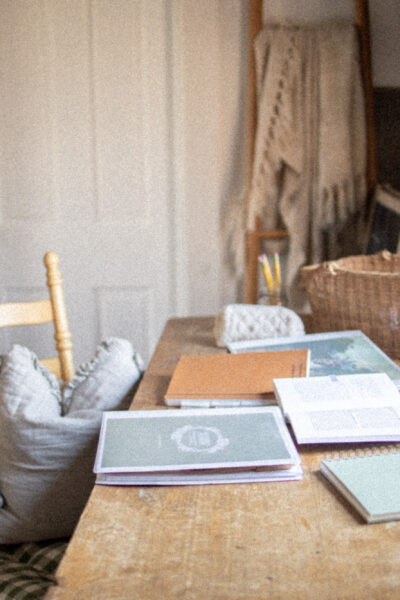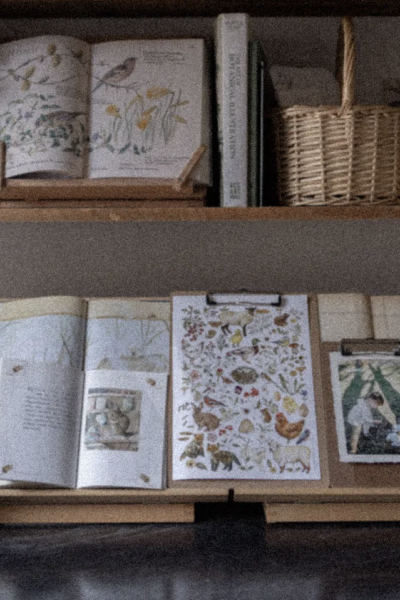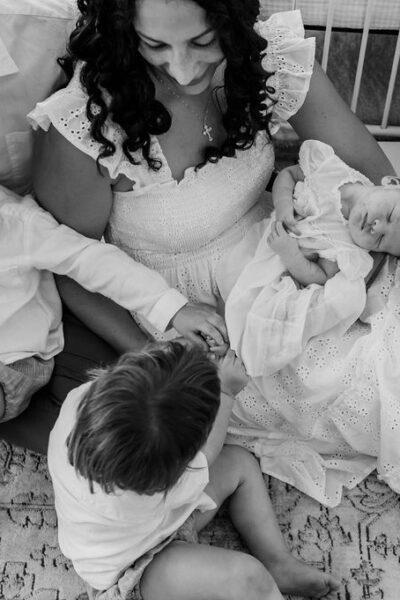

Disclaimer
I’m not a sleep expert, am a new mom, and home with my baby all day long. I don’t think sleep training is for every baby. Some people prefer to nurse their babies to sleep all the time and always bed share. That’s great. What works for one family may not work for another. I am sharing what has worked well for us:

Why
During college I worked at a daycare and later, nannied twice for two different infants. In all three of those jobs I always gave babies a bottle and fed them to sleep, then putting them in their cribs to rest. When I had Priscilla I did exactly that, but nursed her, not realizing I was creating a sleep prop or sleep association. Sleep associations are something external that a baby requires to go to sleep. It might be rocking, bouncing, nursing, or a pacifier. The blessing of doing childcare for so long meant I had the opportunity to observe many families. I knew two-year olds who slept in their own beds all night long and those who never slept at night or needed to be in their parent’s bedroom.
Sleep is huge, especially for a young child. Children who don’t get enough rest preform at a lower grade point than their better rested peers. Poor sleep habits as infants can lead to night terrors in toddlers. I love co-sleeping, but don’t want to do it all night long. Driving while being sleep deprived is comparable to driving while intoxicated. We all need our rest for the sake of our families and well-being.
I think people are afraid to sleep train/cry it out because they’ve heard that it can damage their child by creating “attachment issues.” In the reading that I did I found that to not be the case. I get that hearing your baby cry is uncomfortable, but babies cry all the time. Within three days the max that P cries before sleeping is maybe fifteen minutes. This is a great article for anyone who is afraid that sleep training will hurt their baby.

Timing
All the reading I did suggested that sleep training start no earlier than 5-6 months. I also read that waiting too late isn’t ideal (like once a baby is able to stand). I knew we’d need a quiet few weeks which is why I chose early January to start. There just isn’t much going on and I often don’t book shoots. We were just past the dreaded four-month sleep regression and Priscilla had just begun eating. All of these factors felt to me like the perfect combination of things to make sleep training a success, so right after Christmas we went for it.
Routine
We have a simple, easy routine. I feed Priscilla 20/30 minutes before her nap or else right after she wakes up. If she gets drowsy I wake her up by tickling her cheek or feet. About 10-15 minutes before it’s time to sleep I take her into her nursery, change her diaper, read a few books, turn out the lights, sing a song, turn on the sound machine, and then I place her in her crib with, “I love you and I will see you when you wake up.” Then I leave the room. Her routine is five to ten minutes max, another piece of information I read—keeping routines short and sweet is key. Both routines are identical except that at naptime P gets a little lovie to snuggle.
Consistency
We end with the same book each time, I usually sing her the same hymn, and always end with “I love you, I will see you when you wake up.” I believe babies and children thrive on consistency, routine, and reliability. Everything I’ve read about bedtime and naps suggests that keeping things consistent does nothing but benefit your child. Here’s a great piece praising early bedtimes.
Patience
It’s not easy to hear your baby cry, and sleep training requires patience on everyone’s front. It’s much easier to just pick your baby up and get them to sleep with whatever association they prefer—but in the long run it doesn’t serve you well. When I worked in a daycare I knew 2.5-year olds who still never slept at night, were waking often, or needing to sleep with their parents. Some people prefer that, and I love to co-sleep sometimes, but as an exception not the rule for us.


Results
Priscilla went from going to bed at 10-10:30pm, waking on average 1-2 times per night, and then waking for the day at 7:30. Her naps were all over the place, and always 30-45 minutes long, meaning we were home or on the edge of a nap all the time. I knew she wasn’t getting the daytime or nighttime rest she needed and had to learn to put herself back to sleep without the prop of nursing.
Within three days of sleep training we were all getting more rest. Priscilla goes to bed around 7:45/8, waking once around 3-4am to eat briefly, then back to sleep until 7:30. She takes three naps still (hoping she’ll transition to two soon) at 10am, 1:30/2pm, and 4:30/5pm. She goes down for naps and bedtime without much crying and if she wakes will put herself back to sleep.
She doesn’t need rocking, bouncing, nursing, or a pacifier to go to sleep. We are all getting more rest and thrive on having structure to our days.



